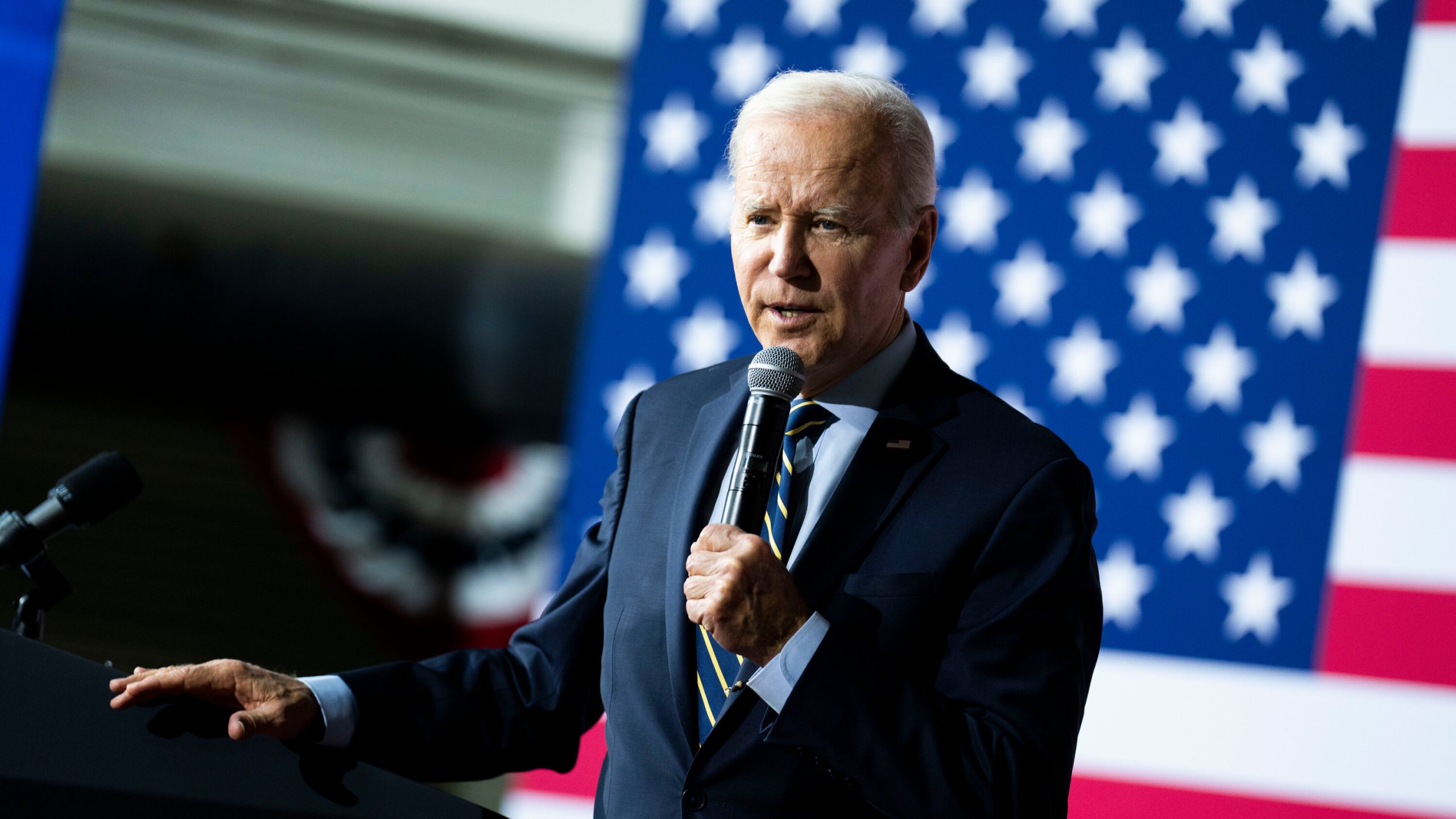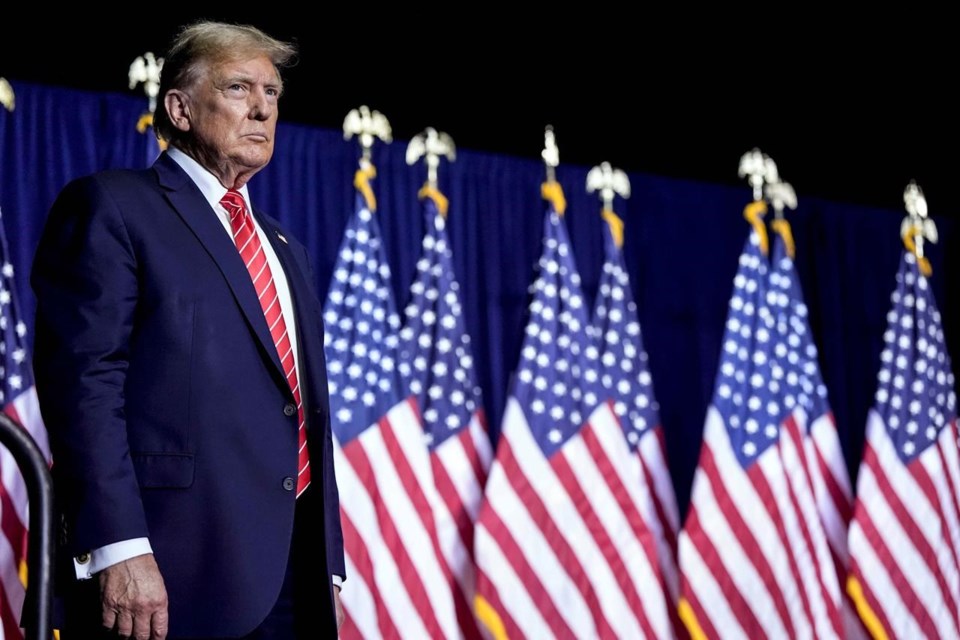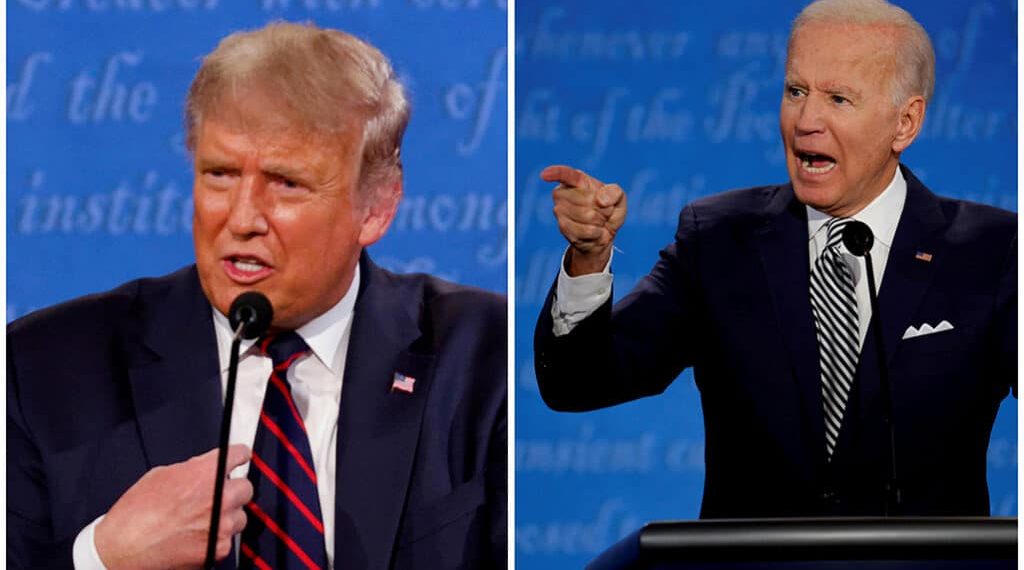President Joe Biden and former President Donald Trump both secured their parties’ nominations on Tuesday, marking the start of a remarkable rematch in U.S. presidential election history.
Biden surpassed the 1,968-delegate threshold required for the Democratic nomination, while Trump reached the 1,215 delegates needed for the Republican nomination. Key primary contests in Georgia, Mississippi, Washington state, the Northern Mariana Islands, and among Democrats abroad contributed significantly to these victories.

After Biden’s nomination was confirmed, he issued a statement condemning what he described as Trump’s divisive tactics, pledging to defend American democracy against what he perceives as threats from Trump’s administration.
Trump, on the other hand, wasted no time in focusing on his opponent, vowing to implement unprecedented policies and improve the nation’s economy.
The primary results were largely anticipated, especially following Trump’s dominant performance in previous contests. Nikki Haley, Trump’s last remaining Republican rival, withdrew from the race after Trump’s sweeping victories on Super Tuesday, solidifying his position within the party.
Both candidates swiftly turned their attention to the upcoming general election, holding rallies in Georgia. Trump reiterated his unsubstantiated claims of election fraud from 2020 and criticized Biden’s handling of issues such as immigration.
Biden’s campaign, meanwhile, announced plans for an aggressive phase, including a tour of battleground states and a significant advertising push.

The impending rematch marks a significant moment in American electoral history, with parallels drawn to the 1956 presidential election rematch between Dwight Eisenhower and Adlai Stevenson. However, voter enthusiasm appears muted this time around, with public polls indicating dissatisfaction with both candidates.
Trump’s legal troubles, including numerous criminal charges, could affect his appeal to certain voter demographics, while Biden faces challenges such as perceptions of age and criticism over border security.
Nonetheless, both candidates are poised to engage in a fiercely contested battle for the presidency, with the economy likely to remain a central focus of their campaigns.





